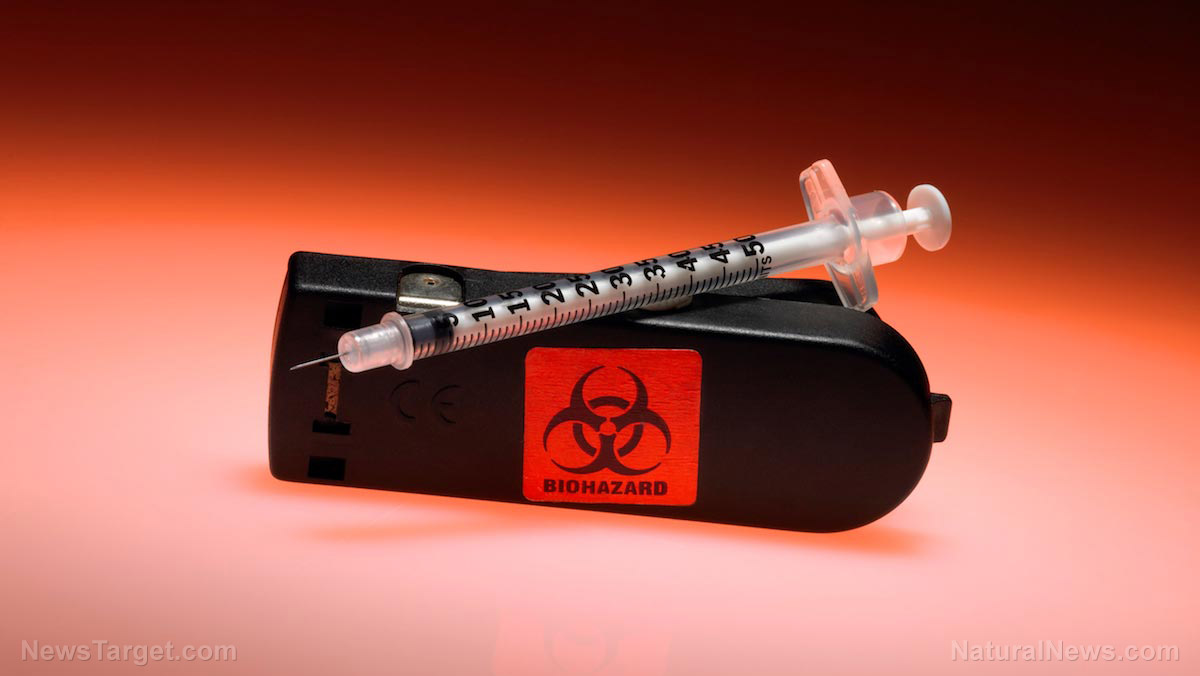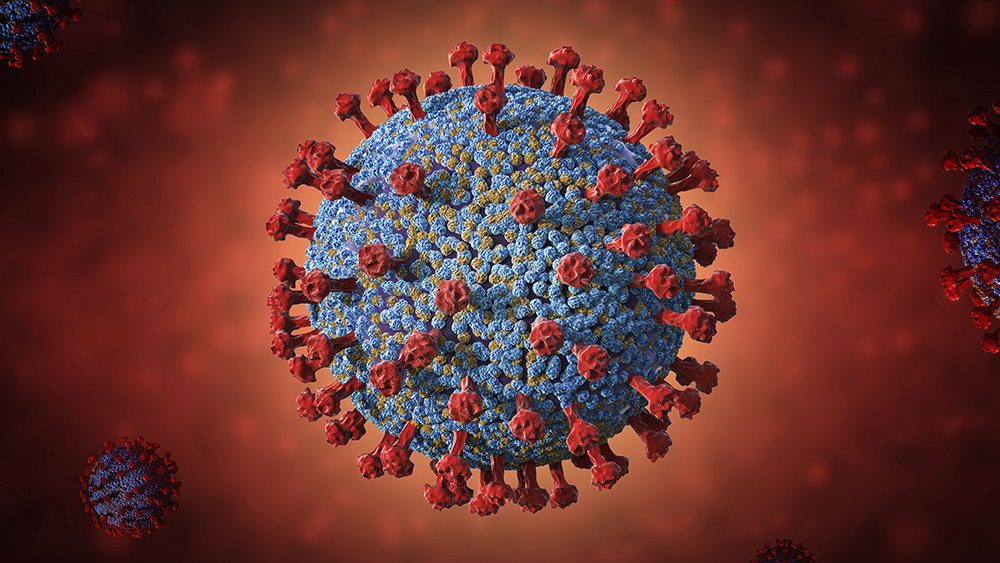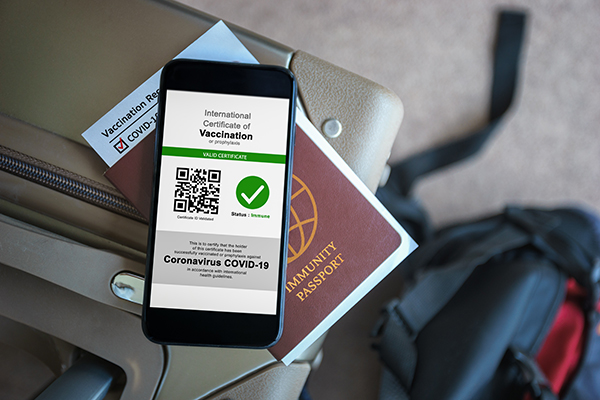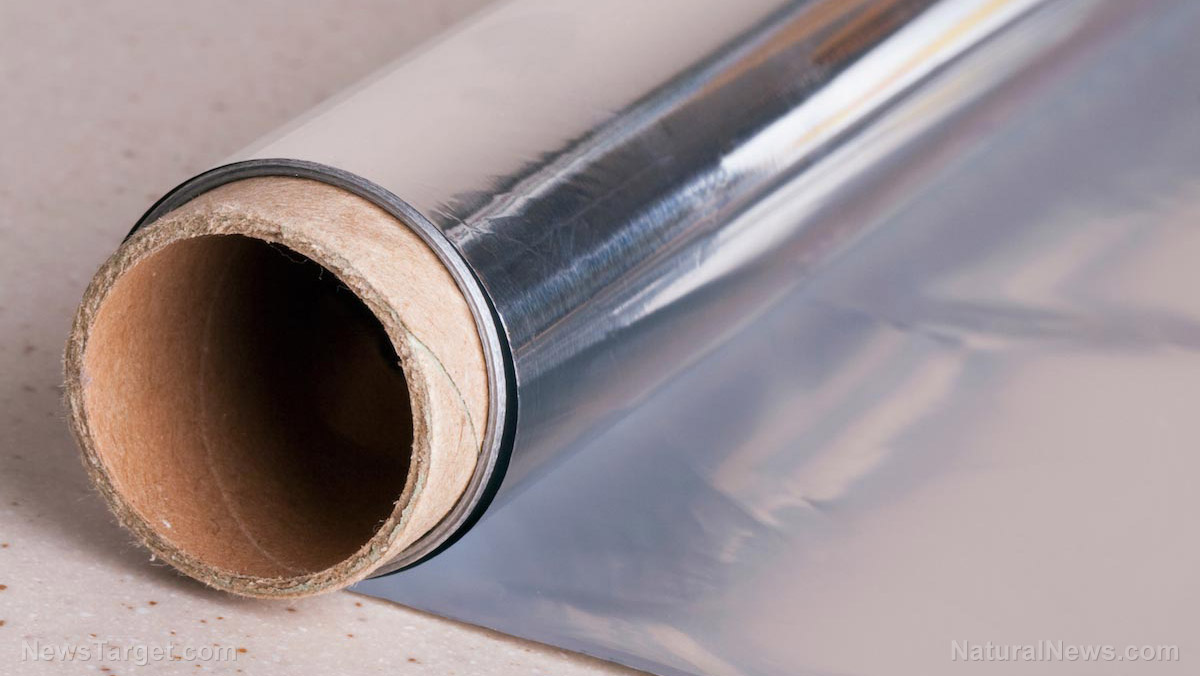Virginia woman SUES Zantac for heartburn drug that gave her esophageal cancer
08/26/2021 / By Mary Villareal

A woman from Ridgeway, Virginia, is the latest to file a lawsuit against the makers of heartburn medication Zantac, claiming that the drug gave her esophageal cancer.
Deborah Haskins said that she began using Zantac in 2005, taking at least one 75mg tablet a day. She was later diagnosed with esophageal cancer, apparently due to the drug. Following this, Haskins has decided to sue the drug’s makers for battery due to the failure of warning consumers of the risks.
Zantac’s active ingredient breaks down into a carcinogen
In the complaint filed in the U.S. District Court for the District of New Jersey, Haskins alleged that Zantac’s active ingredient, ranitidine, formed unsafe levels of a known human carcinogen in her body. She also said that ranitidine’s chemical structure is unstable and can break down during digestion to produce the cancer-causing agent, N-nitrosodimethylamine (NDMA).
Previous studies conducted on animals showed that NDMA has been linked to several cancers, such as colon and rectum, kindeys, liver and stomach.
The lawsuit named Sanofi, Zantac’s current manufacturer in the U.S. as a defendant. It also included previous makers, Boehringer Ingelheim Pharmaceuticals and GlaxoSmithKline.
While research has not explicitly linked Zantac to cancer, the esophagus is acted upon by the drug. Symptoms of esophageal cancer include trouble swallowing, chest pains, indigestion, heartburn and unexplainable weight loss. Treatment can range from immunotherapy to radiation, to chemotherapy. If at an advanced stage, surgery may also be necessary to remove some or most of the esophagus.
The National Cancer Institute noted that an estimated 17,650 new cases of esophageal cancer were diagnosed in 2019, while 16,080 patients died from the disease.
In the lawsuit, Haskins also noted that if she had known about the unsafe levels of NDMA in Zantac, she never would have purchased the medication. She is also seeking an undisclosed amount for damages, such as medical expenses, lost wages, and “loss of enjoyment of life.”
Zantac is part of a class of drugs known as histamine-2 blockers. It lowers the amount of acid that the stomach produces, and has been in the market since 1986. It was named the world’s best-selling drug, but in September 2019, the Food and Drug Administration (FDA) announced that it found traces of NDMA in tests of Zantac that were higher than what is deemed safe for human exposure.
The FDA’s recommended daily intake limit is just 96 nanograms, but an independent pharmacy reported that it detected NDMA in excess of 3 million ng per tablet. After unsafe levels were found in the generic versions of the drug (ranitidine), several companies began recalling their products. Meanwhile, pharmacies also announced they would be suspending sales of Zantac due to the troubling findings.
This is a big blow to the company. Zantac, the fourth-leading atacid tablet in the U.S. was worth an estimated $129 million in 2018. (Related: Popular heartburn drug may have given millions of people cancer, found contaminated with cancer chemical.)
The status of other Zantac lawsuits
Most lawsuits against Zantac and Sanofi are currently in their initial stages. Federal Zantac lawsuits have been consolidated in multidistrict litigation in Florida, where lawsuits from across the country have been moved to one court to share resources and streamline the process.
In July this year, Judge Robin L. Rosenberg dismissed cases against generic drugmakers as federal law prevents them from being sued. However, there are still 670 lawsuits pending in multidistrict litigationas of July 15, 2021.
Because the plaintiffs in the Zantac litigation alleged that they have cancer, Rosenberg provided rules to take the testimonies of plaintiffs in deteriorating health, and parties can choose to expedite depositions who may not survive beyond the year, or may not be capable of testifying competently within the next six months.
There are several proposed Zantac class actions filed by attorneys, and anyone who bought Zantac or generic ranitidine can join the class action; they do not have to have a cancer diagnosis — they only have to prove that they bought the drug without being warned about the cancer risks.
There have been no Zantac jury verdicts or settlements as of August 10, 2021; however, lawyers speculate that lawsuit payouts could be worth hundreds of thousands of dollars.
Find more updates at Medicine.news.
Sources include:
Tagged Under: antacid, Big Pharma, cancer, FDA, heartburn, histamine-2 blockers, NDMA, pharmaceuticals, ranitidine, Zantac, Zantac lawsuits
RECENT NEWS & ARTICLES
ChemicalViolence.com is a fact-based public education website published by Chemical Violence Features, LLC.
All content copyright © 2018 by Chemical Violence Features, LLC.
Contact Us with Tips or Corrections
All trademarks, registered trademarks and servicemarks mentioned on this site are the property of their respective owners.




















